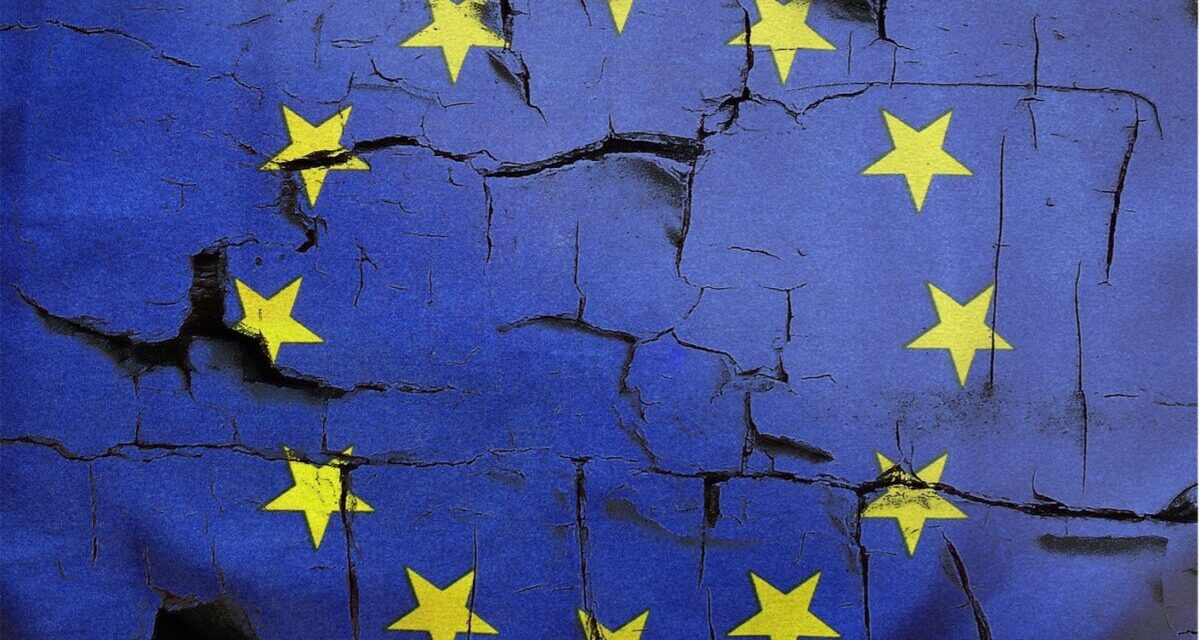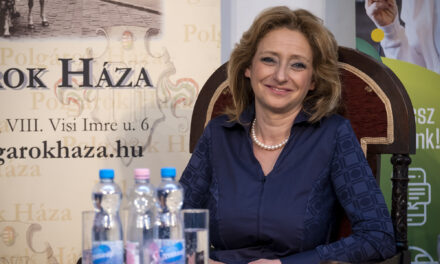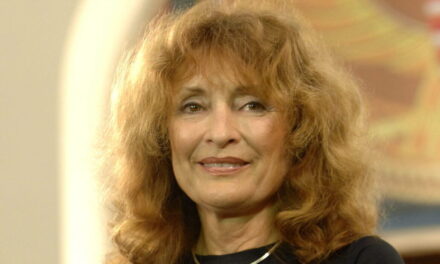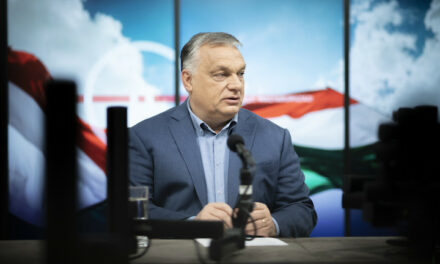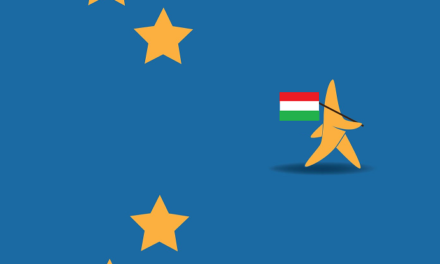Attacking Ukraine, following American ideas and interests, unexpectedly pulled the West together. And although the participants of the recent EU and NATO summits and the G7 meeting also stated that they would stand by Ukraine to the end, this unity is fragmenting, and the Western camp is showing signs of fatigue. The other half of the world was initially only interested in the global economic consequences of the Russian-Ukrainian war.
If they were to compare their skills head-to-head, with President Zelenskyy at the helm, Ukraine would be unstoppable, but recently the leaders of the G7 also excelled in this as a sort of substitute act, and did not show real strength. Separately, they declared that Russia could not win the war, so the Western powers would support Ukraine as long as necessary. In addition, they emphasized that Russia should pay the costs of the war, and new sanctions were on the horizon.
Joe Biden emphasized the unity of the West, highlighting that, contrary to Vladimir Putin's expectations, NATO and the G7 are close and more united than ever. Then came Volodymyr Zelenskiy, who got involved in the negotiations with the help of modern technology, and with the usual demands and instructions of the Ukrainian president, he already noticeably broke this unity. Olaf Scholz only smiled and opened his arms to journalists questioning Ukraine's demands for security guarantees, while Emmanuel Macron took a stab at Zelenskiy, who urged the classification of Russia as a state supporting terrorism, and called for the renewal of negotiations.
"But despite appearances, the granting of Ukraine's EU candidate status did not go so smoothly either."
Some countries initially found it difficult to accept the hasty gesture, and the French president hastened to clarify that membership would have to wait at least another decade. The Germans also stressed their conditions before the summit, but according to The Telegraph, they have not calmed down since then, and based on the newspaper's information, the chancellor would ensure that Ukraine's possible membership does not upset the internal balance of the European Union by amending the agreements that form the basis of the EU. First of all, Scholz would change the order of voting, among other things, abolishing the veto. In this way, it would prevent poorer countries from colluding against the rich in order to increase subsidies. Citing diplomatic sources, the paper writes that Scholz raised this issue at the last summit as well, and would take action even before Ukraine's membership becomes within reach.
"The paper reminds us that based on the current system, which also takes into account the number of inhabitants, Kyiv would have 9 percent of the votes in the European Council"
And if Ukraine and Poland join forces, they will have more power than Germany, and if this tandem gets the support of the other countries of Central and Eastern Europe, it can vote out the French-German pair as well. According to the Telegraph, Portugal does not consider Ukraine's accession desirable at all. In this case, based on the state of its economy, Ukraine would be the weakest member of the EU, and Portugal would thus become a donor country for the first time. But that would also have to wait for the Czech Republic. Kiev has reportedly reassured the EU member states that it does not want to start such a lobby group, but it is felt that many want more serious guarantees.
"Behind the scenes, the issue of the war in Ukraine also divides NATO"
At the summit in Madrid, he felt he was part of the transatlantic alliance, since Russia's attack on Ukraine sent him back to the Cold War, and seven decades after its founding, the North Atlantic Treaty Organization is returning to its original goals of containing Russia. NATO has declared Russia to be an immediate threat and the most serious security challenge, but opinions are already divided on the question of how to settle the war. In this regard, The Sunday Times divides the member countries into three groups - "shells", "pigeons", "ostriches".
"Those belonging to the first circle - the countries bordering Russia and Poland, I would also include the Anglo-Saxons - would bring Russia to its knees, would weaken Russia so much that in the future it could not even pose a threat to its neighbors."
In their opinion, NATO should do everything possible to return Donbass and Crimea to Ukraine and achieve a change of power in Russia. Above all, the "doves" want to end the fighting, even at the cost of losing Ukrainian territory. They would accept the withdrawal of Russian troops to the borders before February 24 and recognize the current status of Crimea and Donbass. The "ostriches" formally accept NATO's documents, look for the smallest opposition, and focus primarily on their internal problems. The paper primarily lists Mediterranean countries here, but in my humble opinion, Hungary also belongs to this group.
"Finally, it is important to note that opposite the Western world is the rest of the world, and if we look at it from there, it is not Russia, but the Western world that is isolating itself."
Le Monde explains this in one of its articles, using Zelensky's speech before the member states of the African Union as an example. According to the French newspaper, they politely listened to the Ukrainian president, but they have no idea of following the Western narrative. The same applies to the countries of Latin America and the Middle East, but we can also include most of Asia. These states do not want to choose between Russia and the West at all. They are interested in the problems of the economy and food, not who is right in the war raging in Ukraine. The paper notes that even US allies from these regions, such as Saudi Arabia, the United Arab Emirates, or Israel, have not joined the Western sanctions against Russia. These fault lines will be clearly defined at the G20 summit in Indonesia in November. One half of the world is more concerned about the functionality of the global economy than European conflicts.
Featured Image: Facebook

